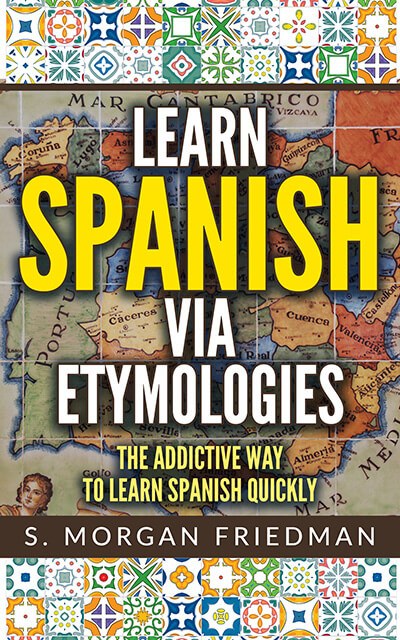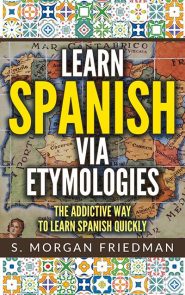Today’s is a good one!
The Spanish caro (simply, “expensive”) has a fun provenance: from the ancient (pre-Latin) Proto-Indo-European root karo– that meant… whore. Yes, the ancient word karo turned into the almost-as-ancient Latin word carus meaning “expensive,” from which we get the modern Spanish word caro, still meaning “expensive.”
So the prostitutes of the ancient world, apparently, weren’t cheap!
Interestingly, we can even see a linguistic connection between the words. The k- sound in Proto-Indo-European stayed the same sound as it evolved into Latin and then Spanish (although usually written with a c-); but as Proto-Indo-European evolved simultaneously into ancient German and then into English, that k- sound became the silent or almost-silent h- or wh-. Think when and cuando, for example. So, we can see therefore that the c-r of caro maps to the wh-r of whore.
The funniest part, however, is that the ancient Latin carus, for expensive, as Latin evolved into French, turned into the French… cher, for “dear”: in the sense of, “My dear friend!”. The exact opposite of a whore! Thus, in French, prostitute became expensive which became that which is dear to you!

